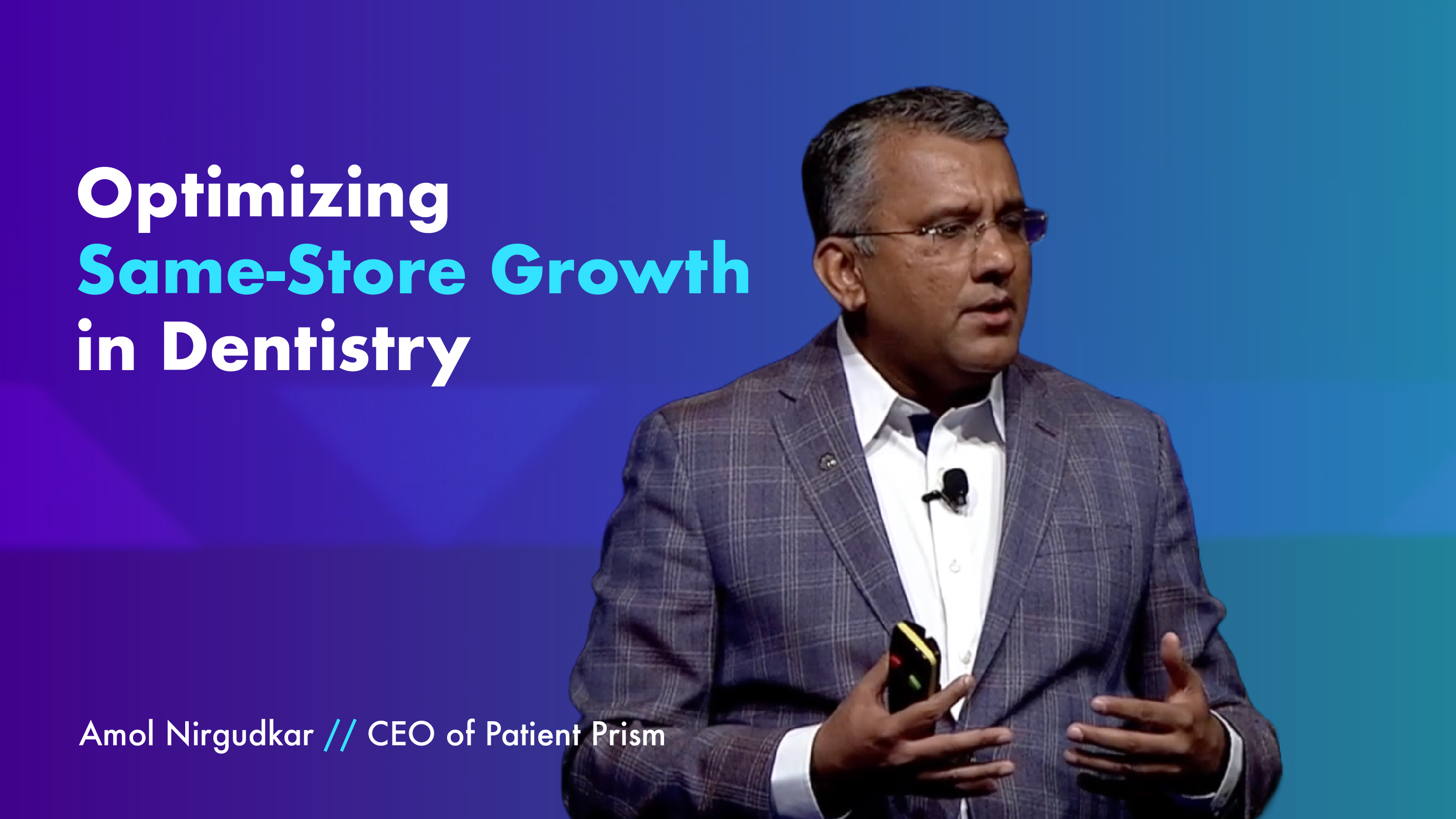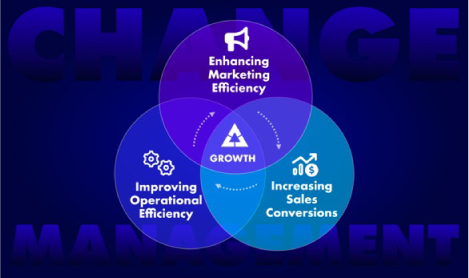Patient education and engagement are essential for successful healthcare outcomes, particularly in OB-GYN practices where patients often require detailed information about their health and treatment options. Conversational AI can play a significant role in enhancing these aspects by providing personalized, accessible, and interactive educational resources, thereby empowering patients to take an active role in their healthcare journey.Providing Educational Resources
Access to Comprehensive Information
Conversational AI can offer patients access to a wealth of educational resources, including information on pregnancy, childbirth, gynecological health, and preventive care. These AI-driven platforms can provide information in various formats, such as text, audio, and video, catering to different patient preferences and learning styles. This ensures that patients can access reliable and up-to-date information whenever they need it, promoting informed decision-making.Interactive Learning Tools
AI can facilitate interactive learning through quizzes, assessments, and virtual simulations, making the educational process engaging and effective. For example, patients can take quizzes to test their knowledge about prenatal care or use virtual simulations to understand surgical procedures. Such interactive tools can enhance patient understanding and retention of information, ultimately leading to better health outcomes.
Personalized Health Patient Education
Conversational AI can deliver personalized health education based on individual patient needs and conditions. By analyzing patient data, AI systems can provide customized content that addresses specific health concerns, treatment plans, and lifestyle recommendations. This tailored approach ensures that patients receive relevant information that is specific to their health status, making the education process more effective and meaningful.Adaptive Learning Paths
AI systems can create adaptive learning paths that adjust to a patient’s progress and comprehension levels. As patients interact with the AI, the system can identify areas where they need more information or clarification and adjust the educational content accordingly. This dynamic approach ensures that patients receive the right amount of information at the right time, enhancing their learning experience.Encouraging Patient Engagement
Proactive Communication
Conversational AI can engage patients by providing proactive communication and reminders about appointments, medication adherence, and lifestyle modifications. This continuous engagement keeps patients informed and motivated to follow their treatment plans, leading to improved adherence and better health outcomes.Building Trust and Confidence
By offering empathetic and culturally sensitive interactions, conversational AI can build trust and confidence among patients. Ensuring that AI systems reflect diverse voices and cultural contexts can help overcome historical health inequities and make patients feel more comfortable and understood. This approach can lead to higher levels of patient satisfaction and engagement.
Integrating conversational AI into your OB-GYN practice can enhance patient education and engagement, leading to better health outcomes and higher patient satisfaction. By providing personalized, accessible, and interactive educational resources, AI empowers patients to take an active role in their healthcare journey. Embracing this technology ensures that your practice remains at the forefront of patient-centered care, offering the highest quality of support and education to your patients.
Citations:
[2] https://obgyn.onlinelibrary.wiley.com/doi/full/10.1111/ajo.13661
[3] https://www.contemporaryobgyn.net/view/how-ai-supports-women-s-health
[4] https://aiveda.io/blog/conversational-ai-in-healthcare
[5] https://www.ncbi.nlm.nih.gov/pmc/articles/PMC10948210/
[6] https://digichart.com/should-you-adopt-ai-in-your-ob-gyn-practice/













